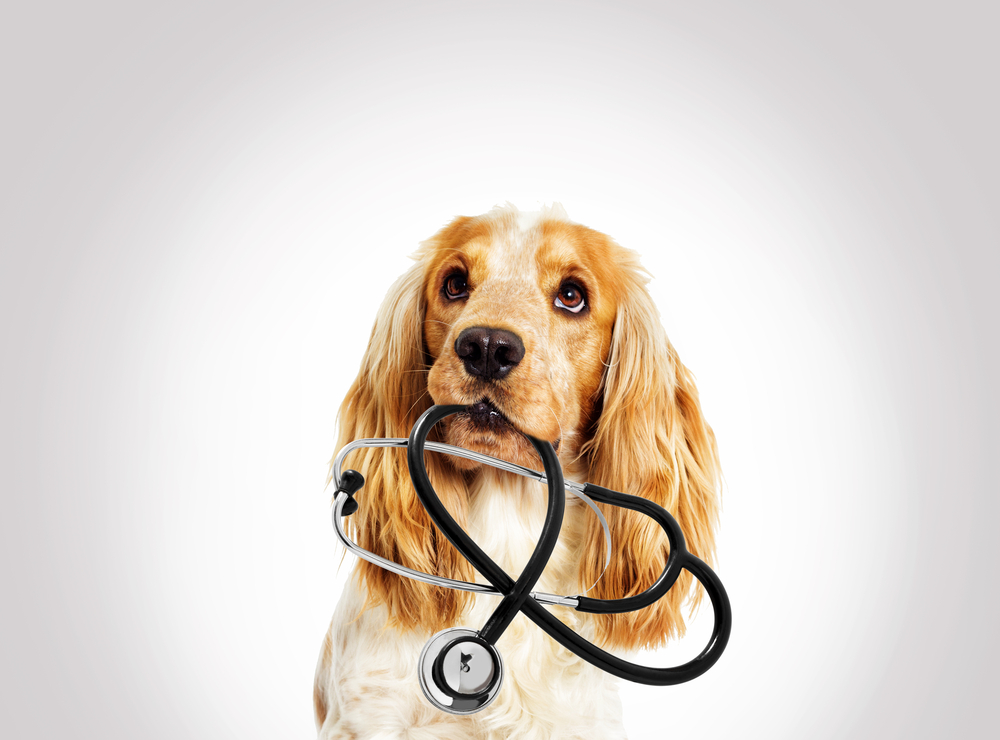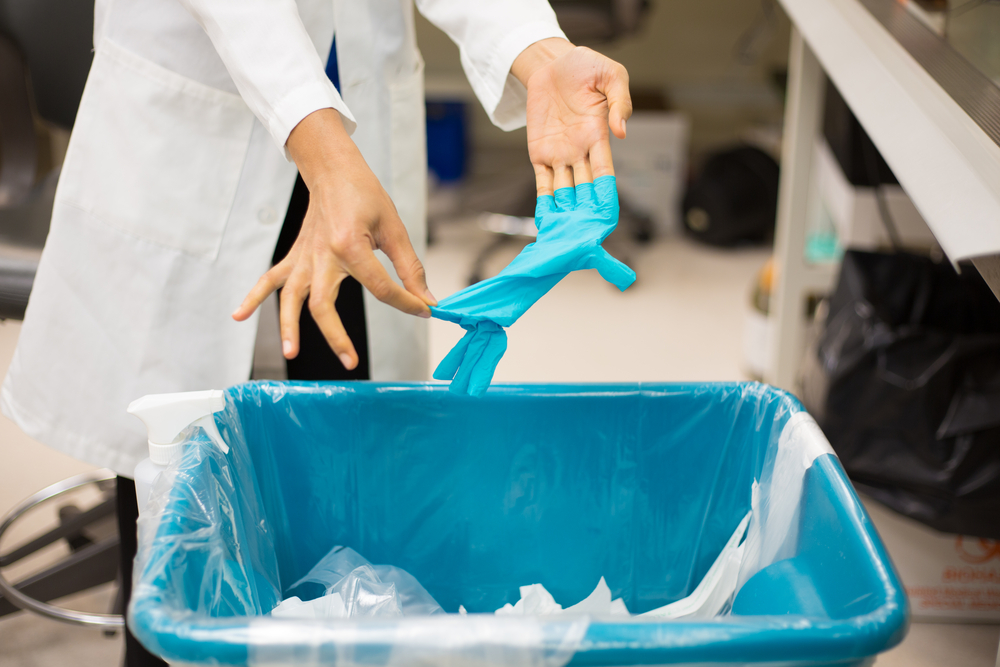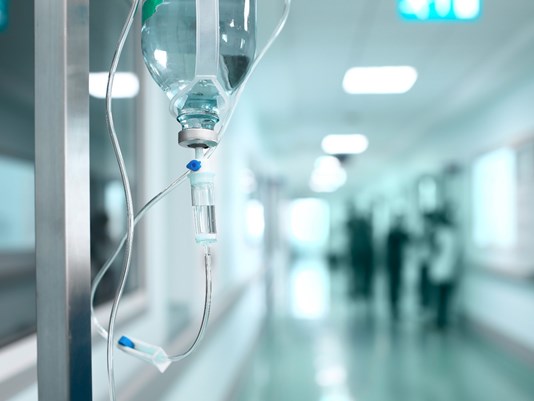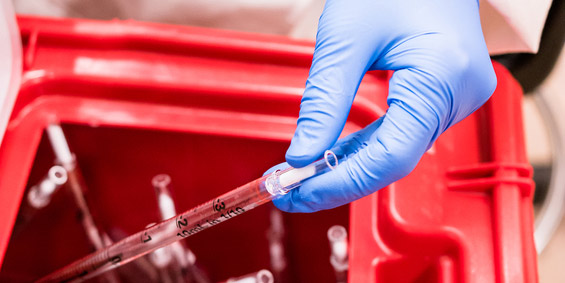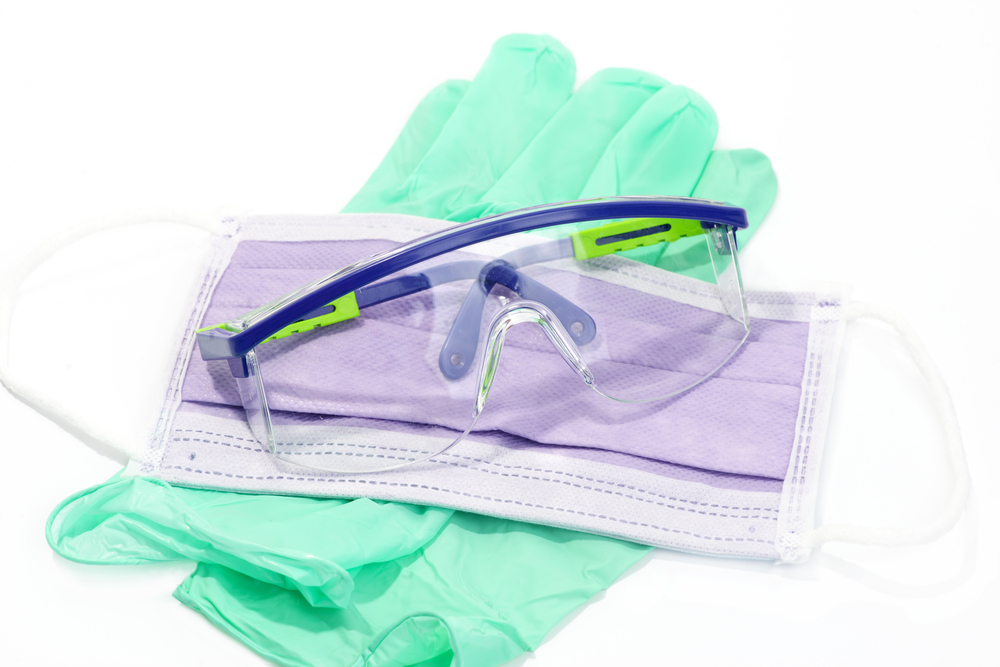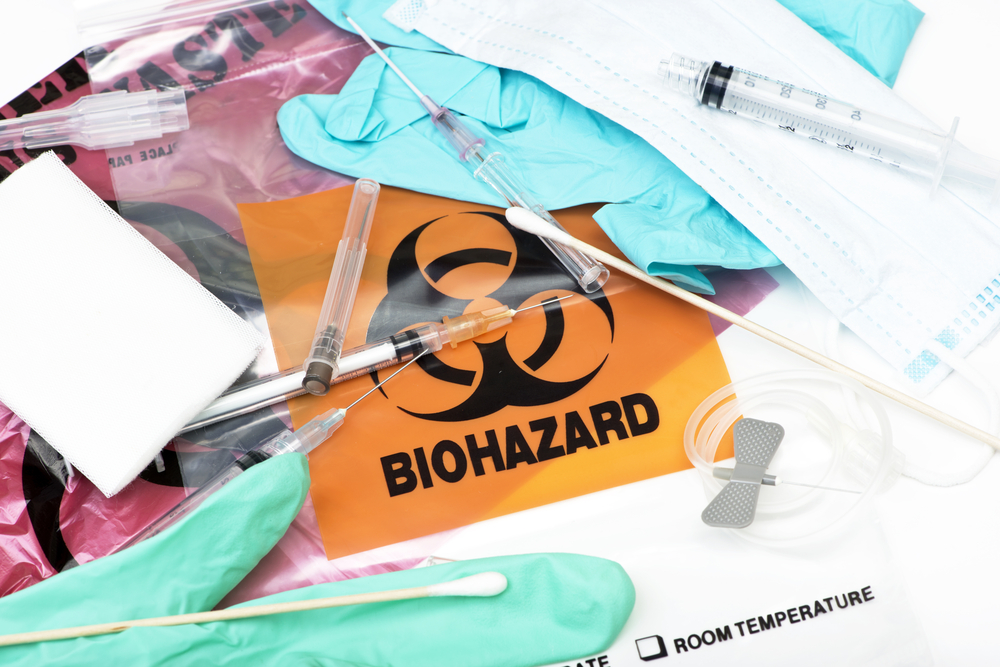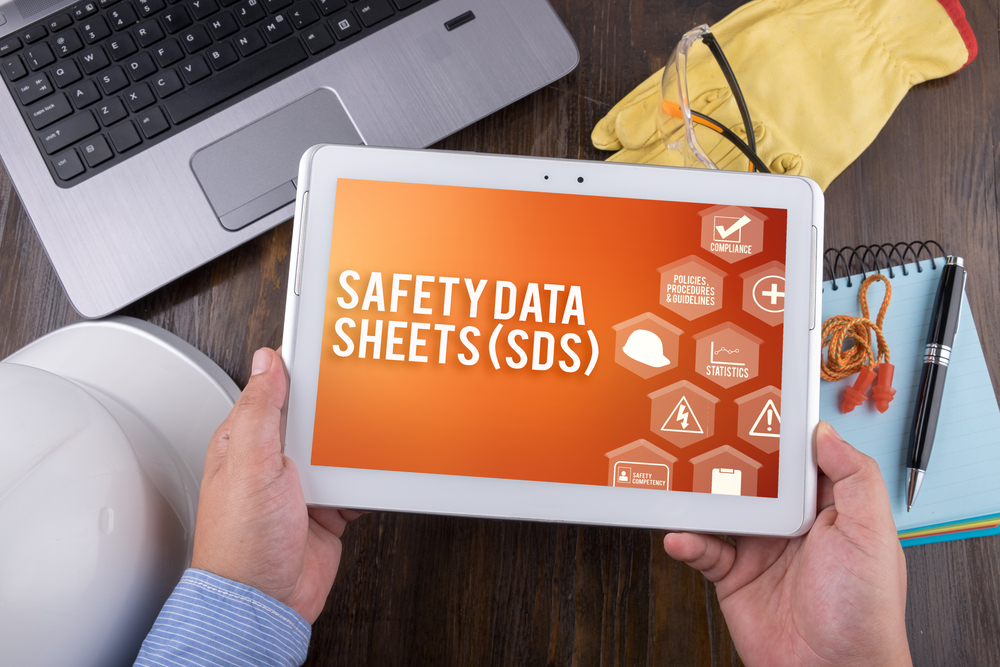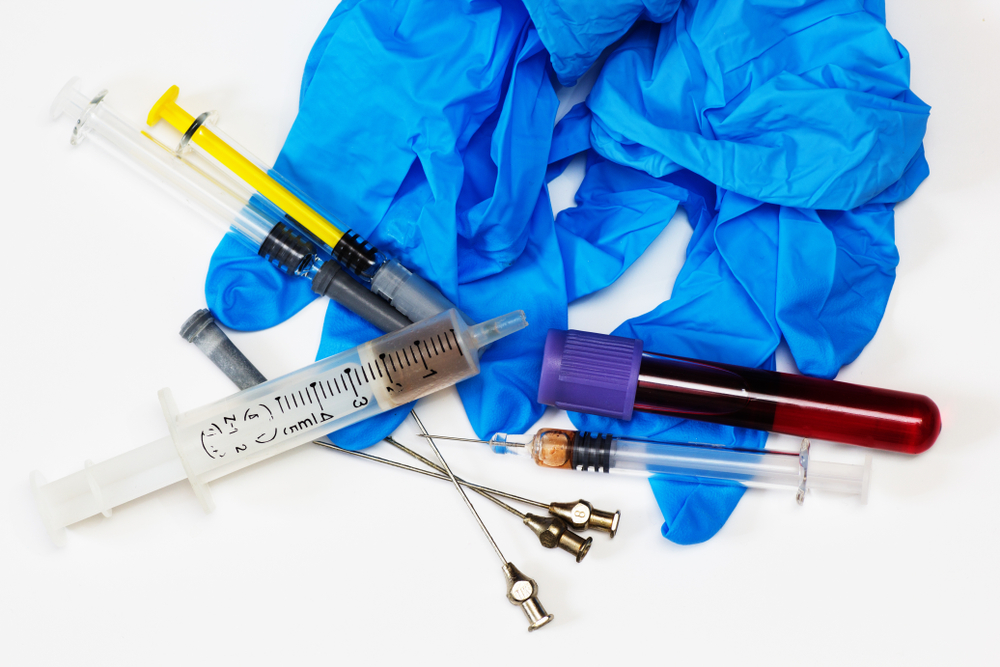Hazardous Waste
Sharps Disposal In Public Spaces for Self-injectors
Safe needle disposal collection containers for public areas is a compliant solution for self-injectors who rely on safe disposal. There are many patients across the country who have to self-inject medication for one reason or another. Thanks to advancement in medical technology, self-injecting is easier and safer than ever. Of course, it poses a health…
Read MoreSharps Waste At Home For Pets
Do you give your cat or dog injectable medication? Here’s how to handle at-home sharps waste. In a hospital or other medical facility, sharps waste is a common byproduct of care for patients. This includes needles, lancets, and scalpels contaminated with human or animal blood or tissue. For a pet owner in a home setting,…
Read MoreICYMI: PPE, OSHA & Healthcare Risk Management
Here’s what happened on the Red Bags blog in June…
Read More5 Medical Waste Best Practices for Small Quantity Generators
Small quantity generators don’t always have to abide by the same medical waste laws. Here’s what you need to know. All medical waste generators are required to handle infectious or hazardous waste in accordance with all local and federal laws. In many states, however, medical waste generators are usually classified by the volume of waste…
Read MoreHealthcare Risk Management: Raising Awareness & Safety In the Healthcare Industry
Healthcare risk management is an important task, and this week we celebrate healthcare risk managers who work so hard to keep patients and communities safe. Risk management in healthcare is potentially more important than in any other industry. Why? Healthcare risk management can mean the difference between life and death, which makes this profession an…
Read MoreOSHA Review: Top 5 Ways to Stay OSHA Compliant
Whether you work in a medical lab, private practice, hospital setting, funeral home, or veterinary office, there are a set of rules in place to help maintain OSHA compliance. Whether you work in a medical lab, hospital, tattoo parlor, or a veterinary office, there are a set of rules in place to help maintain OSHA…
Read More5 Easy Ways Medical Professionals Can Avoid Injury
Working in the healthcare industry often involves a degree of risk. Healthcare workers can be exposed to dangers in the form of injuries, bloodborne pathogens, allergies, and more. In fact, according to OSHA, a hospital is statistically one of the most dangerous places a person can work. According to a Philadelphia workers compensation lawyer, “as…
Read MoreRed Bags’ Medical Waste Equipment 101
Proper medical waste disposal relies on the right equipment. Medical waste disposal plans help identify and reduce risks of infections in patients and healthcare workers, but any good plan requires proper equipment to make the plan functional to prevent lapses, mistakes, and health risks. Healthcare facilities and other institutions that deal with hazardous or medical…
Read MorePersonal Protective Equipment (PPE) and Why It’s a Must for Worker Safety
As an employer, you must perform a hazard assessment of your workplace to determine if hazards require the use of personal protective equipment (PPE). Every person that stays in or visits a healthcare environment is at risk of acquiring an infection, but for healthcare workers, the risk is even greater. Workers are more susceptible to…
Read MoreICYMI: Plastics As Medical Waste, Sharps Safety Protocol, Expired Medications, and More
Food allergy awareness, plastics as hazardous waste, expired medication, and more on the Red Bags blog for the month of May. Here’s what you missed in medical waste disposal and management this month on the Red Bags blog… Epinephrine Auto Injectors: How Do We Dispose of Them? May is Food Allergy Awareness Month, and for…
Read MoreWhat’s the Difference between a MSDS (Material Safety Data Sheet) and SDS (Safety Data Sheet)?
Is there a difference between MSDS and SDS? If you work with chemicals, hazardous materials, medical waste, or any other materials with physical, chemical and toxic properties, then you need material safety data sheets (MSDS), or as they’re now known, safety data sheets (SDS). Is there a difference between the two? Here’s what you need to…
Read More5 Pharmaceutical Waste Disposal Best Practices
Here are some best practices for pharmaceutical waste disposal. Pharmaceutical waste management is a long and complicated topic that falls within the hub of hazardous waste management. If you manage a healthcare facility, hospital, assisted living facility, or even a pharmacy, it’s imperative to understand different pharmaceutical waste classifications and how to dispose of pharmaceutical…
Read More

